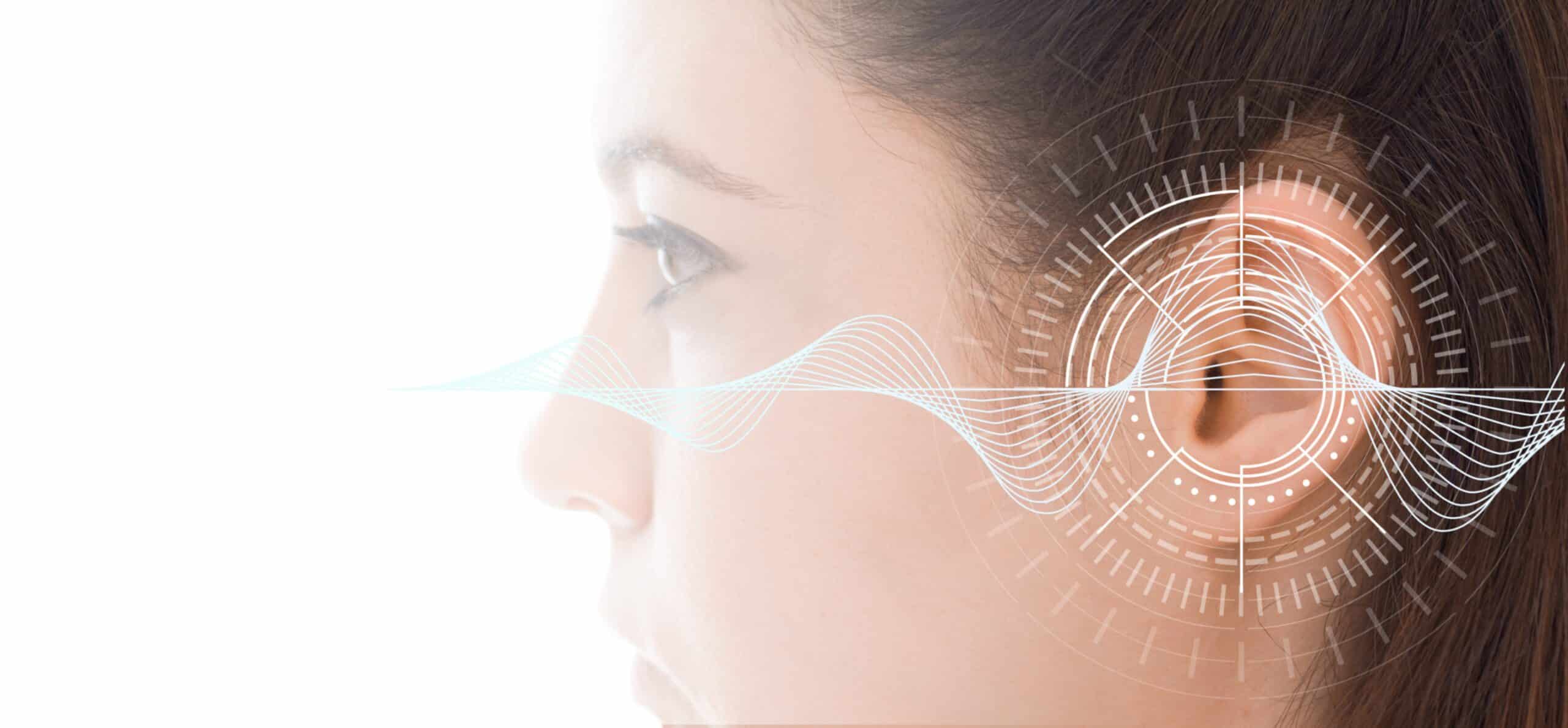The researchers report that blood levels of docosahexaenoic acid (DHA) were inversely correlated with hearing difficulty in their population-based cross-sectional study which showed that middle-aged and older adults with higher levels of DHA were 8-20% less likely to report age-related hearing issues compared to those with lower levels of the omega-3 fatty acid.
“Higher DHA levels have previously been found to be associated with a lower risk of heart disease, cognitive impairment, and death. Our study extends these findings to suggest a role for DHA in maintaining auditory function and helping reduce the risk of age-related hearing loss,” said Michael I. McBurney, Ph.D., a senior scientist with the Fatty Acid Research Institute and an adjunct professor in the Department of Human Health & Nutritional Sciences at the University of Guelph and the Friedman School of Nutrition Science and Policy at Tufts University.
The researchers analyzed data from the UK Biobank of over 118,000 participants between the ages of 40-69 years old. After adjusting for potential confounding factors the results showed that those in the highest quintile of DHA blood levels were 16% less to have difficulty hearing compared to those in the lowest quintile of DHA levels. Those in the highest quintile were also 11% less likely to have difficulty following conversations when there is background noise compared to those in the lowest quintile for blood levels of DHA.
Research suggests that omega-3s may help to protect the health of our cells in the inner ears and help to mitigate the inflammatory response to loud noises, infections, and chemicals. Studies in animals and older adults also suggest that omega-3 levels are inversely related to and may help to protect against age-related hearing loss.
The human body has a limited ability to produce DHA, meaning that levels found in our blood and tissues can vary and they depend largely on the intake of omega-3s, but fortunately, these levels can be increased with the regular consumption of dietary supplements or food sources rich in omega-3 fatty acids.
“There is strong evidence that higher blood levels of omega-3 fatty acids are beneficial,” said McBurney. “Fatty fish and omega-3 supplements are both good dietary sources. If choosing to use a dietary supplement, compare products by reading the Supplement Facts panel for eicosapentaenoic acid (EPA)+DHA content.”
Around the world, approximately 20% of the population are living with some form of hearing impairment, and this number is expected to increase as the population ages. Hearing loss has different forms and ranges from mild to profound which can affect communication, mobility, social interactions, education, job opportunities, and many aspects of day-to-day life. Hearing loss can be influenced by aging, genetic proclivities as well as environmental factors and medicines. You can help to reduce your risk of hearing loss by protecting your ears from loud noise with protective equipment and seeking medical care for infections.




